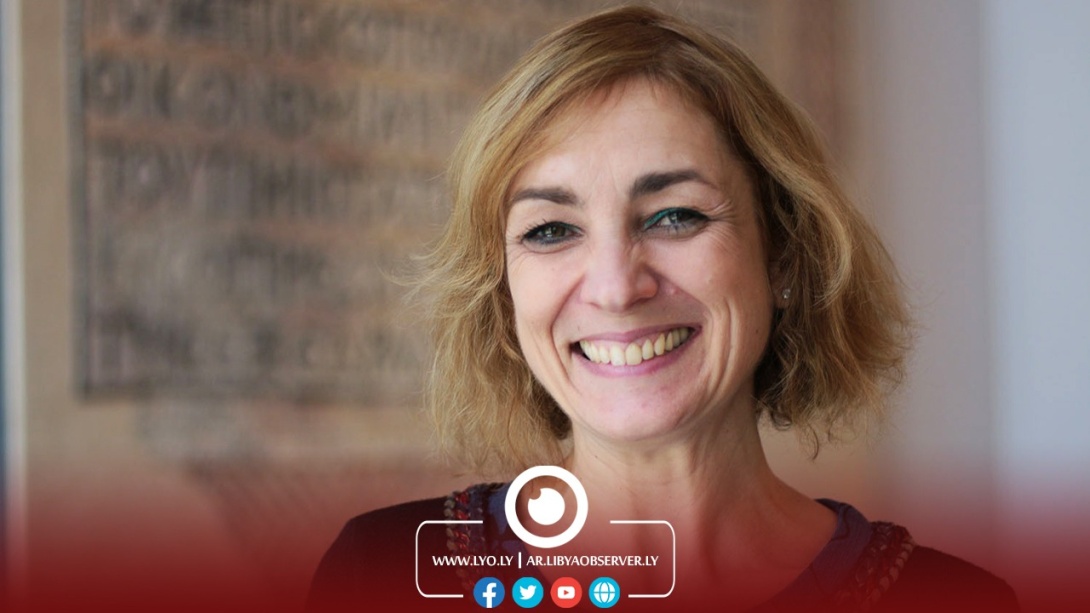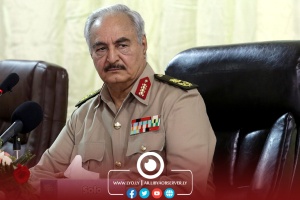The Libya Observer speaks to Professor Anna Leone, member of the Centre for the Study of the Ancient Mediterranean and the Near East. She worked on several projects in order to preserve the Libyan antiquities in Sabratha and Jabal Nafusa, and participated in the training of Libyan cadres for the management of sites and monuments in Libya.
Interviewed by Aisha Al Hijazi



